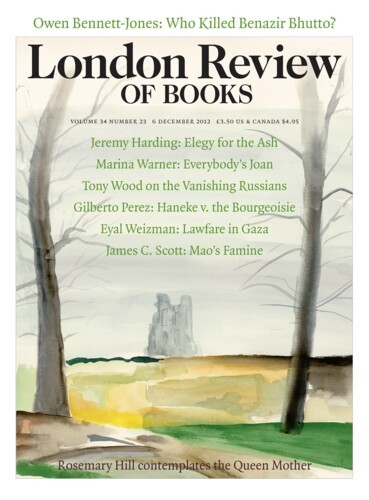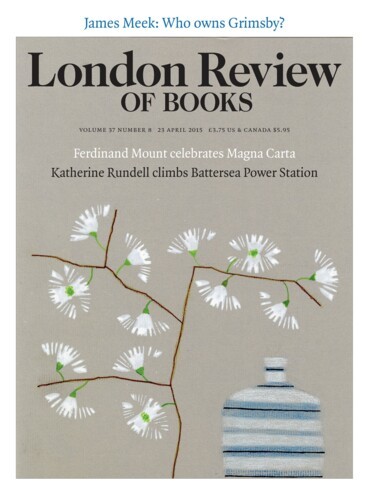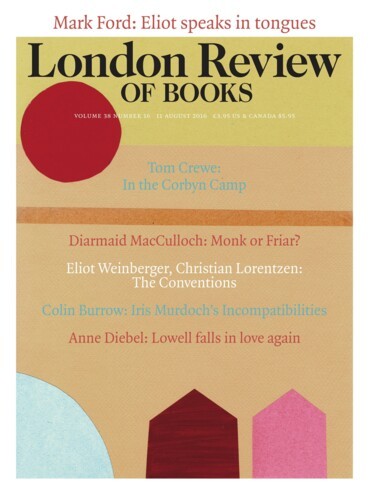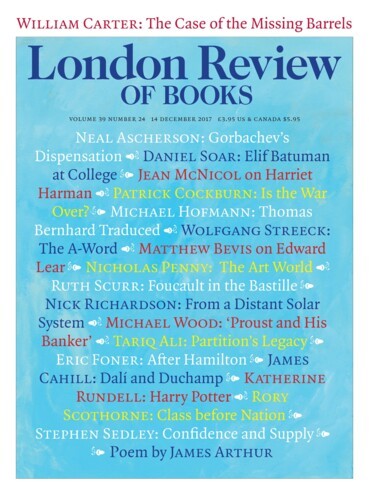He fights with flashing weapons: Thomas Wyatt
Katherine Rundell, 6 December 2012
Before Anne Boleyn laid her head on the executioner’s block, she bent and wrapped the hem of her dress around her feet. She thereby ensured that, if in her death throes she were to spreadeagle her legs, the crowd would not see up her skirt. It was a gesture at once gracious and gruesome, and the verse that Sir Thomas Wyatt (probably) wrote on the occasion from the Tower of London is...





